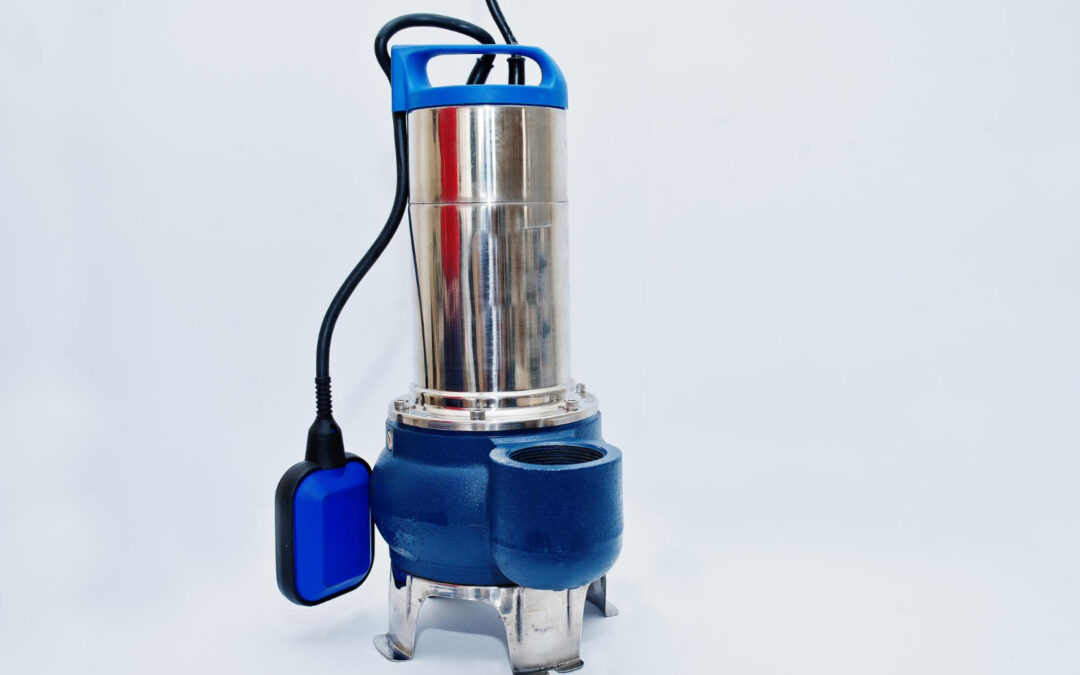At our company, understanding water flow pumps is pivotal to ensuring that homes in Ottawa are equipped with the best solutions for water management. A water flow pump is an essential tool that dramatically enhances the functionality of various household systems, facilitating the transportation of water through everything from garden irrigation systems to home heating setups. Our extensive experience in plumbing and heating services provides us with a unique viewpoint on how crucial the right pump is for maintaining an efficient and safe household.
Choosing the perfect water flow pump involves more than just selecting the most available or least expensive option. It requires careful consideration of several factors to ensure it corresponds well with the specific needs of your home’s systems. For instance, the size of your property, the complexity of your plumbing network, and the overall water demand must all be taken into account. Our goal is to help demystify the process and give you the essential knowledge to make a well-informed decision, enabling your home systems to operate smoothly and effectively.
In this insight-packed article, we’re going to dive deep into the different types of water flow pumps available, highlight essential factors you need to consider before making a purchase, provide a straightforward guide for choosing the right pump, and illustrate effective maintenance techniques to extend your pump’s lifespan. This hands-on advice will empower you to enhance your home’s plumbing infrastructure with confidence.
Types of Water Flow Pumps and Their Uses
When we consider enhancing our household systems, understanding the different types of water flow pumps available can help us make an informed decision adapted to our specific needs. The main types include centrifugal pumps, submersible pumps, and booster pumps. Centrifugal pumps are most commonly used due to their ability to move water by converting rotational kinetic energy into hydrodynamic energy. These are ideal for general water pumping and irrigation needs. Submersible pumps, on the other hand, are designed to be placed underwater, typically in a well or a reservoir. This makes them perfect for deep-water extraction and basement dewatering. Booster pumps, which increase water pressure, help in transporting water to higher elevations or in improving the water flow in your home’s plumbing system.
Each type of pump serves a unique function, ensuring water is effectively moved where it’s most needed. For instance, homeowners with gardens might prefer centrifugal pumps for irrigation, whereas those living in areas prone to basement flooding may find submersible pumps more beneficial. Understanding these distinctions will assist in selecting the right pump to meet your water distribution requirements effectively.
Key Factors to Consider Before Buying a Water Flow Pump
Choosing the right water flow pump for your home involves considering several crucial factors that can impact the efficiency and effectiveness of the water system. Firstly, you should evaluate the flow rate, which is the speed at which water moves through the pipes. This rate needs to meet your household’s water usage without overloading the system. Secondly, consider the head pressure, or the pump’s ability to lift water to specific heights. A higher head pressure means the pump can move water over longer vertical distances.
The power source of the pump is another significant factor. Most pumps are electric, but solar-powered and manual options might better suit specific needs, especially in areas where electricity is unreliable or for those seeking environmentally friendly solutions. Additionally, the material of the pump is crucial, particularly if you are pumping corrosive liquids or working under extreme temperatures. Stainless steel and reinforced thermoplastics are popular for their durability and resistance to corrosion.
Lastly, think about the installation and maintenance costs. Some pumps might be cheaper upfront but require frequent maintenance, leading to higher long-term costs. Assessing these factors will guide us in choosing a pump that not only fits our needs but is also economical and durable.
Step-by-Step Guide to Choosing the Right Water Flow Pump
Selecting the appropriate water flow pump for your home is a process that requires thoughtful consideration to align with your specific water needs. Start by assessing the demand for water in your home. This includes identifying all the points of water use, such as bathrooms, kitchen, garden, and other areas, and estimating the total water volume needed. Once you know your requirements, compare the specifications of different pumps. Look for a pump that can handle the flow rate and pressure without excessive energy consumption.
Next, consider the installation environment of the pump. Indoor and outdoor environments can significantly influence the type of pump you choose, due to factors like weather conditions and space limitations. Indoor pumps might not require as much robustness in terms of weather resistance compared to outdoor pumps, which need to withstand various elements. Consulting with a professional plumber to discuss these specifications can provide additional insights and help ensure the chosen pump fits perfectly into your system setup.
Maintenance Tips for Prolonging the Life of Your Water Flow Pump
Regular maintenance is crucial for keeping your water flow pump running efficiently and prolonging its lifespan. First and foremost, regular inspections should be performed to check for leaks, rust, or other signs of wear and tear. This routine check helps in early identification of potential issues that could lead to bigger problems if left unaddressed. Ensuring that the pump and its components are clean is also vital. Dust, debris, and other contaminants can clog the pump and hinder its performance.
It’s also important to check the pump’s intake and discharge connections periodically to make sure they are secure and clear of obstructions. Lubricating the pump’s moving parts according to the manufacturer’s guidelines can prevent friction and wear, which prolongs the pump’s effective operation. Lastly, it’s advisable to keep a record of all maintenance activities performed. This record can be invaluable for troubleshooting issues and making informed decisions about when a replacement might be necessary.
Conclusion
Ensuring that your home has an efficient and reliable water flow is essential for day-to-day convenience and long-term property care. From understanding the basic functioning of different water flow pumps to selecting the right model and maintaining its efficiency, every step you take significantly contributes to the seamless operation of your home’s water system. Remember, choosing the right pump is not just about the immediate benefits but also about ensuring cost-effectiveness and durability in the long run.
We are here to assist in every step of the process, from selection through installation to ongoing maintenance. Trust Pipes Plumbing to provide you with expert advice and professional services of a plumber in Ottawa tailored to your specific needs. Contact us today to learn more about how we can help enhance the water systems in your home for a more comfortable and efficient living space.

